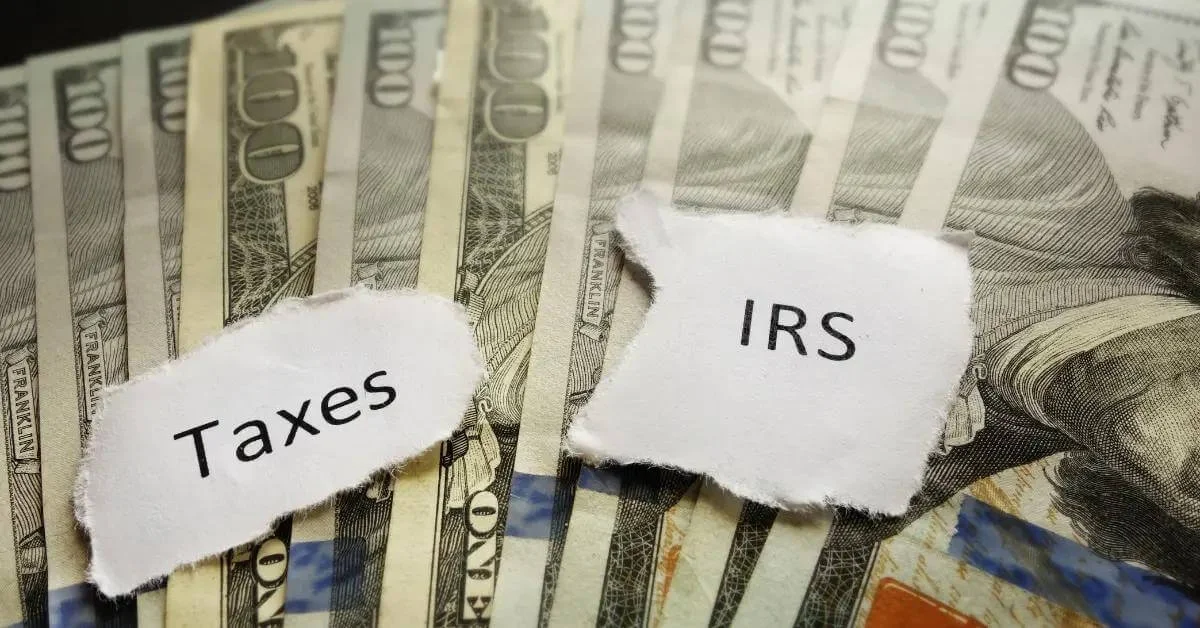The IRS Voluntary Disclosure Program (VDP) allows taxpayers who intentionally failed to report income or foreign assets to come forward before the IRS initiates enforcement. In return for full cooperation, participants can avoid criminal prosecution and limit financial penalties.
This program is specifically designed for willful violations. If you knowingly failed to file tax returns, underreported income, or concealed offshore accounts, the VDP offers a formal path to compliance. With updated rules and a more streamlined process, it is now easier to disclose past noncompliance and resolve your tax liabilities.
Navigating this process can be complex, so working with an experienced tax attorney can help ensure your disclosure is accurate, complete, and submitted correctly.
Who Should Use the VDP?
The IRS Voluntary Disclosure Program (VDP) is intended for individuals, businesses, and trusts that:
Willfully failed to report income or pay taxes
Did not disclose foreign financial accounts or assets
Filed false or misleading tax returns
Intend to correct their noncompliance before the IRS contacts them
To qualify, the income involved must come from legal sources. The disclosure must be submitted before the IRS begins an audit, investigation, or receives a whistleblower tip. Non-willful violations, such as honest mistakes or filing errors, may be better handled through programs like the Streamlined Filing Compliance Procedures or Delinquent FBAR Submission Procedures.
Key Benefits of the IRS Voluntary Disclosure Program
Avoid Criminal Prosecution
The most significant benefit is protection from criminal charges such as tax fraud, evasion, or willful failure to file. If you come forward voluntarily and meet all program requirements, the IRS will generally not pursue criminal prosecution.
Reduced Civil Penalties
Participants typically face limited penalties, including:
One year’s civil fraud penalty (rather than multiple years)
One year’s willful FBAR penalty, if applicable
This penalty framework can significantly reduce your overall financial liability compared to facing traditional enforcement actions.
Structured Resolution
The VDP provides a clear and structured path to settle with the IRS. Once you complete the process and sign a closing agreement, your past issues are resolved. This gives you financial clarity and legal peace of mind.
What Changed in the 2023 VDP Update?
The IRS made several important updates to the program in 2023, which remain in effect for 2025:
Unified Domestic and Offshore Disclosures: Taxpayers now follow the same process, whether the issue involves domestic or foreign assets.
Preliminary Acceptance Step: Applicants must first submit Form 14457 Part I to request preclearance from IRS Criminal Investigation. If approved, they may proceed to full disclosure.
Stricter Cooperation Requirements: Full and timely cooperation is now more heavily emphasized. Incomplete or uncooperative submissions can result in denial or revocation.
These updates have made the program more efficient and transparent while reinforcing the importance of acting before the IRS initiates contact.
Step-by-Step: How to File Under the IRS Voluntary Disclosure Program
Navigating the IRS Voluntary Disclosure Program can be complex, but breaking it down into clear stages helps ensure you meet all the requirements. Here’s a detailed look at the full process:
1. Organize Your Financial Records
Begin by gathering all relevant financial documentation. This includes previously filed tax returns, income statements, bank records, offshore account data, and any other records that show what was underreported or omitted.
Accuracy at this stage is crucial-missing or inconsistent documentation can delay your application or lead to denial later in the process.
2. Submit Form 14457 Part I for Preclearance
Form 14457 is the official starting point for entering the VDP. In Part I, you request preclearance from the IRS Criminal Investigation division. This step is designed to confirm that you’re eligible to participate before you commit to a full disclosure.
The IRS will review whether you’re already under examination or criminal investigation. If precleared, you may proceed with Part II.
3. Complete Form 14457 Part II with Full Disclosure
After receiving preclearance, you must complete Part II of Form 14457. This involves submitting a detailed account of your tax violations, including the specific years involved, the nature of the noncompliance, and the total amount of unreported income or undisclosed assets.
You’ll need to include a personal narrative explaining your actions, provide supporting documents, and describe your legal income sources.
4. Prepare and Submit the Disclosure Package
Your full disclosure package will include amended tax returns, any delinquent FBARs (if foreign accounts were involved), and estimates of the taxes, interest, and penalties owed. Payments should be submitted at this time, though arrangements can be made for those unable to pay in full.
Working with a tax attorney can help ensure all forms are complete, calculations are accurate, and supporting documentation is well-organized.
5. Participate in the IRS Civil Examination
Once your package is received, your case will be transferred to an IRS civil examiner. This phase may involve interviews, document requests, and follow-up questions. You are expected to fully cooperate and respond promptly.
The examiner will evaluate your disclosures, calculate final liabilities, and determine any applicable penalties under the VDP’s streamlined structure.
6. Sign the Closing Agreement
At the end of the examination, the IRS will prepare a closing agreement, which formally concludes your case. This legal document outlines the resolved tax liabilities and penalties and confirms that the matter is settled.
Signing this agreement brings you back into full compliance and eliminates the threat of future enforcement related to the disclosed issues.
How to File an FBAR (FinCEN Form 114)
If you had a financial interest in or signature authority over one or more foreign financial accounts that collectively exceeded $10,000 at any point during the calendar year, you are required to file a Foreign Bank Account Report (FBAR).
This is a key component of offshore disclosures in the VDP. Here’s how to properly complete this filing:
Determine If You Meet the Filing Threshold
First, confirm whether the total value of your foreign accounts exceeded $10,000 at any time during the year. This includes checking, savings, brokerage, mutual fund, and even some retirement accounts held outside the United States.
Even accounts you don’t own but can access or control through signature authority must be included.
Identify All Reportable Accounts
List every account that meets the reporting threshold. You’ll need details such as the name and address of the financial institution, the account number, and your maximum balance for the year. If multiple people own or control the account, their information must be included as well.
Convert Values to U.S. Dollars
The IRS requires all foreign account balances to be reported in U.S. dollars. Use the official Treasury exchange rate in effect on December 31 of the reporting year to convert foreign currency balances. Accuracy is essential to avoid misreporting thresholds or triggering additional scrutiny.
File FinCEN Form 114 Electronically
The FBAR must be submitted through the BSA E-Filing System, a separate platform from standard IRS tax filings. The form is not filed with your tax return. Once you complete the electronic submission, you will receive a confirmation notice. Keep this for your records.
Maintain Records and File Annually
You must retain supporting documentation for each FBAR you file, including account statements and ownership records, for at least five years. FBARs are due annually by April 15, with an automatic extension to October 15. Failure to file can result in steep civil penalties, especially for willful violations.
Risks of Not Disclosing
Failing to participate in the VDP when eligible can expose you to:
Civil Fraud Penalties: Up to 75 percent of the unpaid tax amount
Willful FBAR Penalties: Up to 50 percent of the highest account balance, per year
Criminal Prosecution: For tax evasion, conspiracy, or failure to file
Ineligibility for Future Relief: Once the IRS begins an audit or receives third-party information, the VDP is no longer an option
Delaying action increases your financial exposure and eliminates the opportunity to resolve issues on your terms.
Restore Compliance with Help from a Tax Attorney
The IRS Voluntary Disclosure Program is not just a way to fix past mistakes. It is an opportunity to avoid prosecution, reduce penalties, and regain peace of mind. However, the process is document-heavy, legally sensitive, and often intimidating.
At Silver Tax Group, we specialize in helping individuals and businesses navigate the VDP with confidence. From preparing Form 14457 to handling IRS correspondence and FBAR filings, we offer expert support every step of the way.
Schedule a confidential consultation today and take control of your financial future.





